OpenAI has reversed its plan to become a for-profit company, reaffirming its nonprofit status and transitioning its business arm into a Public Benefit Corporation (PBC).
Background
- OpenAI, the AI firm behind ChatGPT, announced it will remain under nonprofit control, scrapping a previously considered for-profit spinoff.
- The company’s current for-profit subsidiary, launched in 2019 to attract capital, will be restructured as a PBC, retaining the nonprofit’s oversight while aligning profits with public benefit.
- The move follows months of internal and external dialogue, including talks with civic leaders and attorneys general in California and Delaware.
- CEO Sam Altman explained the decision in a May 5 blog post and internal letter, emphasizing a mission-driven strategy to ensure artificial general intelligence (AGI) benefits all of humanity.
Why should you pay attention?
- OpenAI’s structure has been under scrutiny, particularly as it scales its influence in AI deployment and capital markets.
- The nonprofit model may impact how OpenAI raises funding, projected in the hundreds of billions, and sets precedent for future AI firms balancing profit with ethics.
- The announcement comes amid ongoing debate over corporate control, AI safety, and the global race to develop AGI.
Who said what?
- Sam Altman, CEO of OpenAI:
“We want to build a brain for the world... AGI should enable all of humanity to benefit each other.”
- Bret Taylor, Chair of OpenAI Board:
“We made the decision for the nonprofit to retain control… We thank both [Attorney General] offices and look forward to continuing these important conversations.”
- OpenAI blog post:
“The for-profit LLC... will transition to a Public Benefit Corporation... The nonprofit will continue to control the PBC and become a big shareholder.”
Zooming out
- The restructuring highlights the challenge of scaling transformative technologies like AI without compromising foundational values.
- OpenAI’s pivot could influence competitors like Anthropic and xAI, which have adopted similar hybrid models.
- As regulatory attention intensifies, OpenAI’s decision may shape the future of corporate governance in the AI sector.




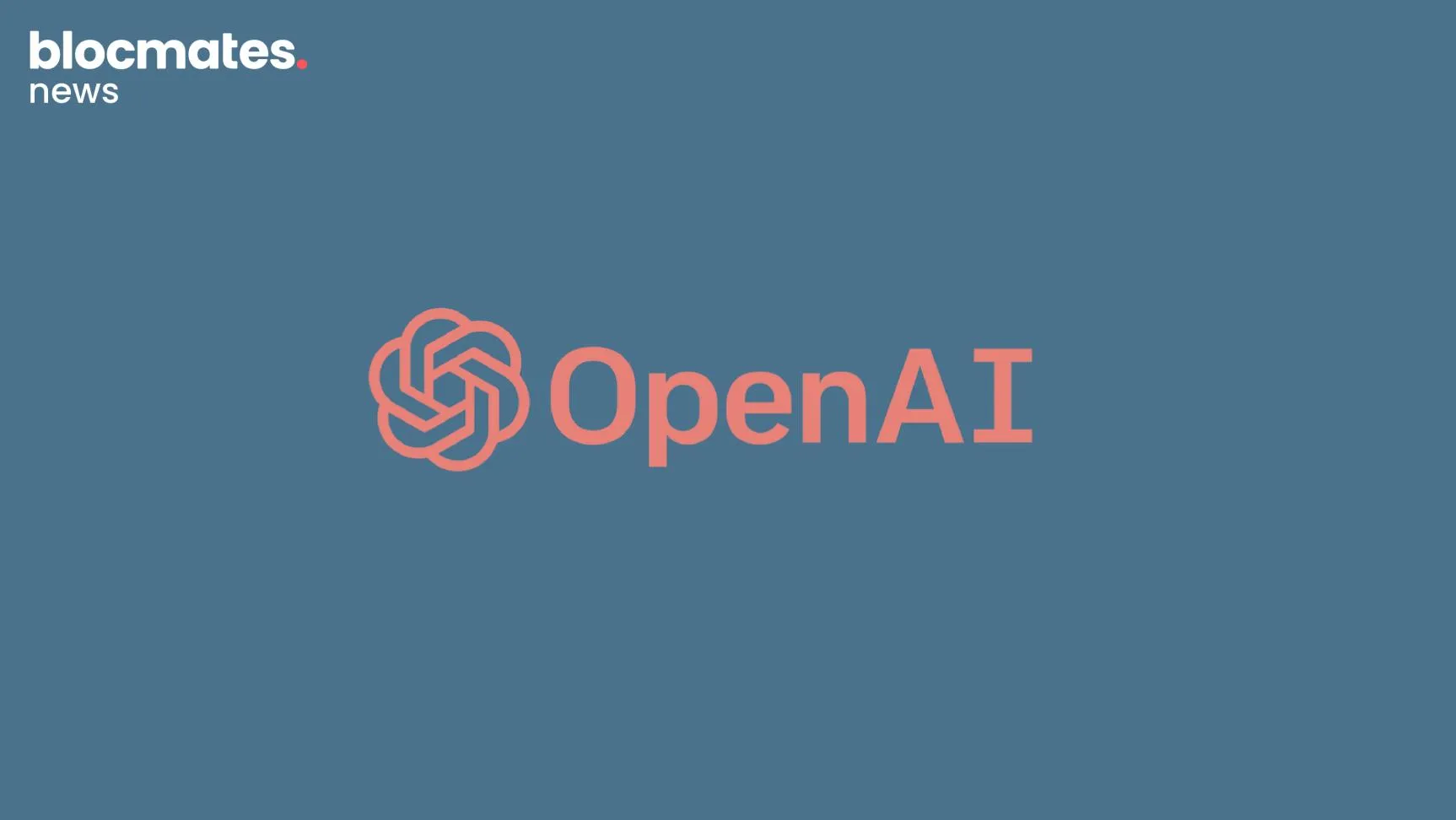





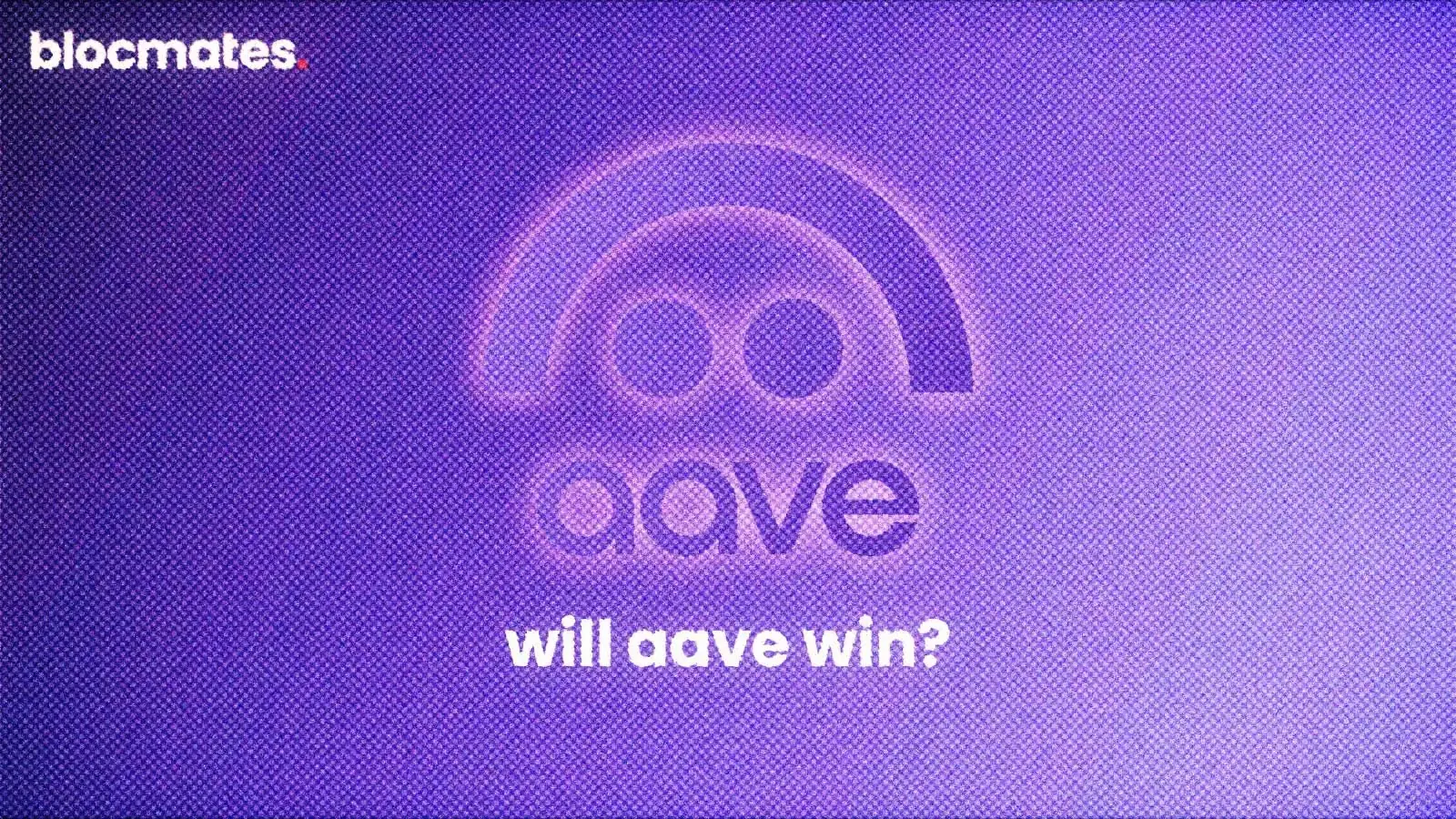

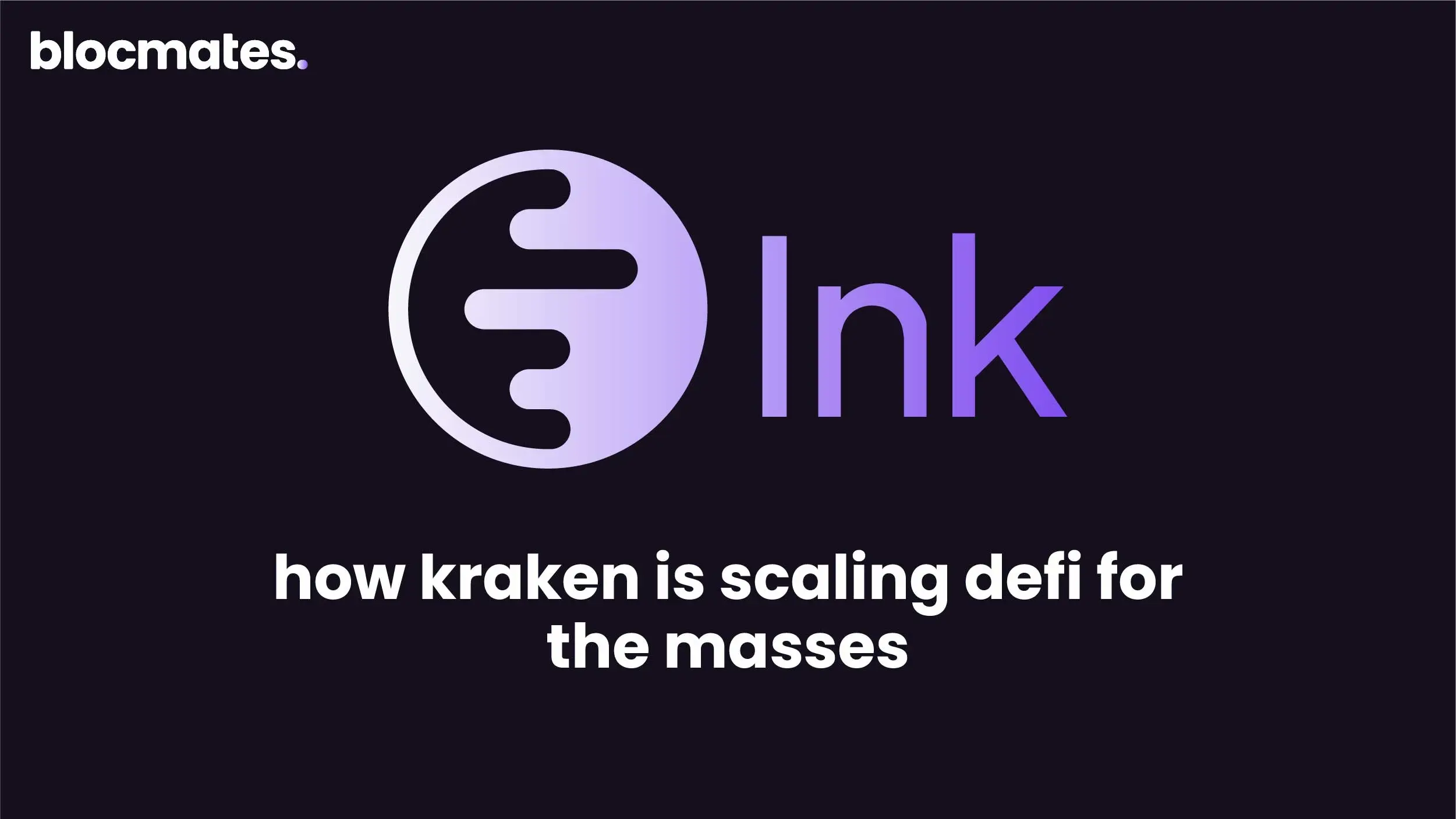
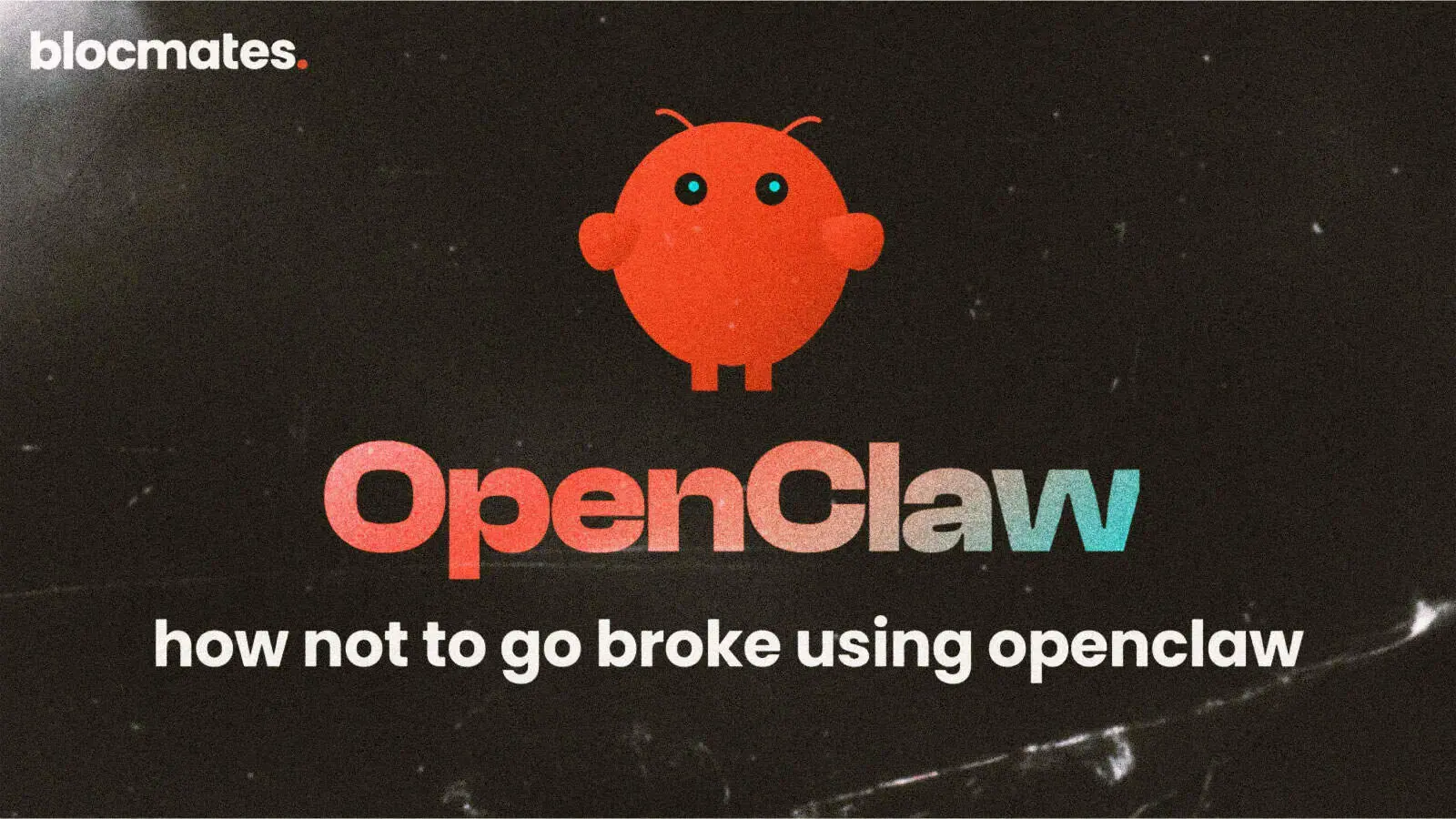
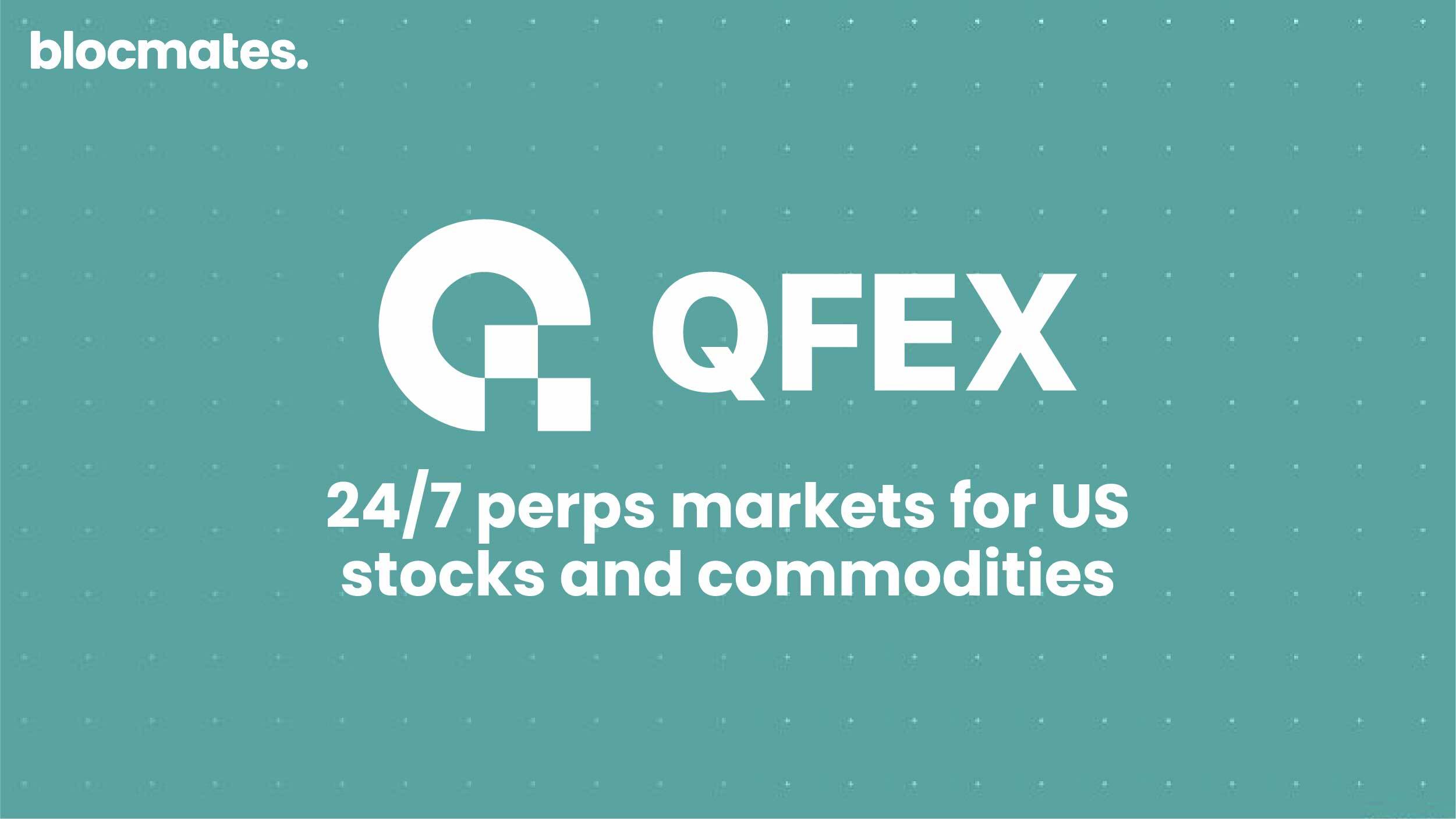
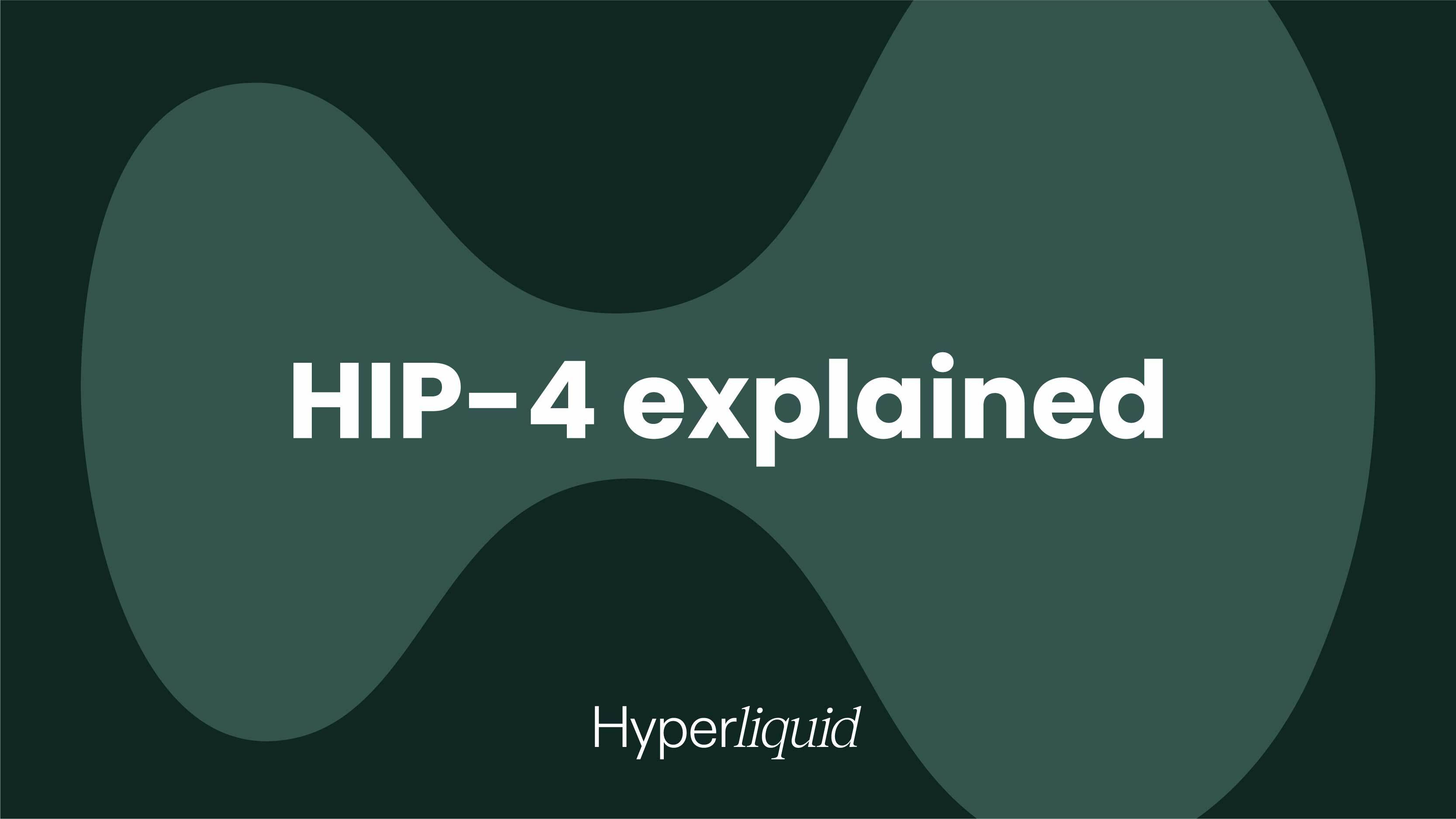


















.webp)

.webp)
.webp)

%20(1).webp)



























































%202.webp)


.webp)

.webp)
.webp)
.webp)


.webp)
.webp)

.webp)
.webp)
.webp)


.webp)
.webp)










.webp)


.webp)









.webp)







.webp)




.webp)


























.webp)







.webp)















.webp)

.webp)
.webp)

.webp)














.webp)

.webp)


.webp)








.webp)




